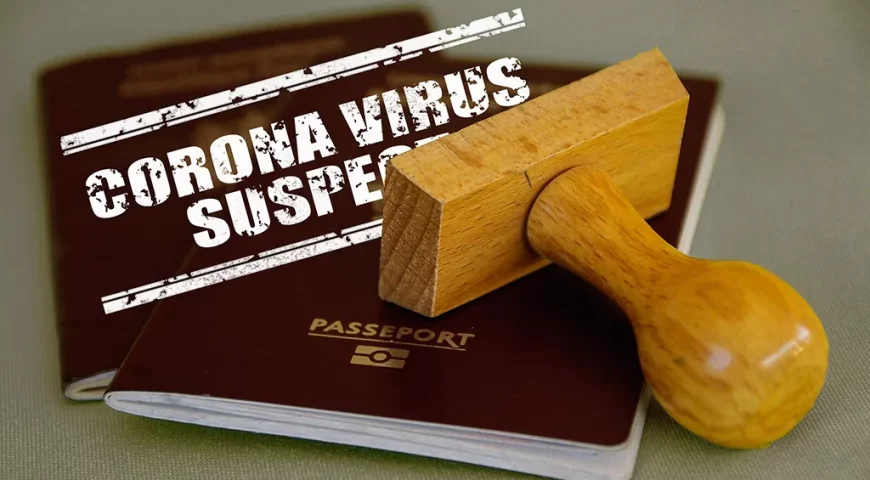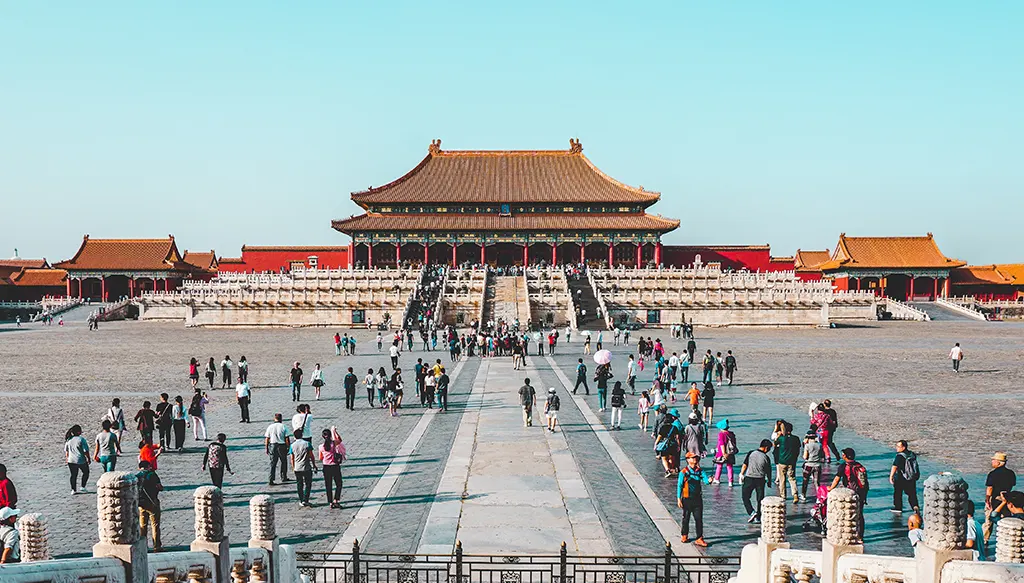
China Eases its Zero COVID Policy Restrictions
Many people are still unaware of China’s Zero COVID policy, but while the rest of the world has relaxed COVID measures for its residents and opened its doors to tourists, China has continued to implement aggressive contact tracing, regular testing, forced quarantine, and strict lockdown measures to prevent COVID transmission.
China eased some of these COVID rules on Friday, including reducing quarantines from seven to five days for close contacts of people who tested positive and ending a ‘circuit breaker’ for airlines, which penalised airlines by suspending flights when they brought in many COVID-infected passengers.
Is China Issuing Tourist Visas?
The country still does not issue tourist visas for travel, and only foreign nationals with valid residency permits and select visas are permitted to visit the country under very rigorous circumstances. Even though the relaxation of these restrictions is a significant step toward ending China’s Zero COVID policy, reopening is still a long way off, and the relaxation of these restrictions is unlikely to entice people back, especially when compared to how neighbouring countries have opened to tourists.
Currently, all overseas tourists, including those who have a domicile in China, must complete quarantine at their own expense at a government-selected facility or a hotel, with no control over the amenities. China has constructed specific COVID-isolation centres, some of which can house up to 14,000 individuals, and close contacts have lately been known to stay there for ten days.
Inbound visitors do not get to choose where they will spend their quarantine, with isolation centres resembling prisons. Thomas Hale, a Financial Times correspondent, described his ten-day stay in one of these isolation centres, describing his bed as an iron frame with six planks of wood and “a mattress so thin that you had to lie perfectly flat.”
“Although we were supposed to stay in our rooms, we were sometimes able to go outside briefly and, before the camera raised an alarm, exchange information and sometimes goods with other residents. These moments were the best hope for at least some clarity. One day this led to a miracle – I got instant coffee,” Thomas Hale writes.
Ease In Restrictions (One OCR Test and 5 Days Quarantine)
The new relaxation of regulations decreases the quarantine of such visits to five days, although an additional three days of isolation must be performed at home. China has also reduced the number of PCR tests performed before to boarding to one rather than two within the 48-hour timeframe.

The requirement to identify “secondary contacts” from China’s contract tracing network, which compelled persons in contact with a close contact of someone positive to quarantine, has been withdrawn. With widespread and compulsory testing still in effect, the country has registered the highest case counts since April, with Beijing and the central city of Zhengzhou setting records.
As the number of cases increases, localities tighten security and reinstate draconian lockdowns to control the spread. It has been documented and published how the country has enacted some of the toughest and shortest lockdowns, preventing inhabitants from leaving their houses for food, medical supplies, or other essentials.
Regular COVID testing is often compulsory in Chinese cities, and persons who wish to enter supermarkets and other public buildings must provide a negative test result in the form of a QR code, which can be taken as frequently as once a day.
According to the Associated Press, many experts predict that China will not open before its March session of parliament, so if you plan on visiting China, be prepared for rigorous and lengthy quarantine steps upon arrival, since laws are known to change swiftly.

Summary
While these modifications do not eliminate travel restrictions entirely, they do provide some respite and may save money if a member of the travelling party tests positive for Covid-19. The repeal of the “circuit-breaker” rule may also allow more people to visit China. However, there are indications of a Covid-19 increase in China, which could cause travel disruptions once more.

